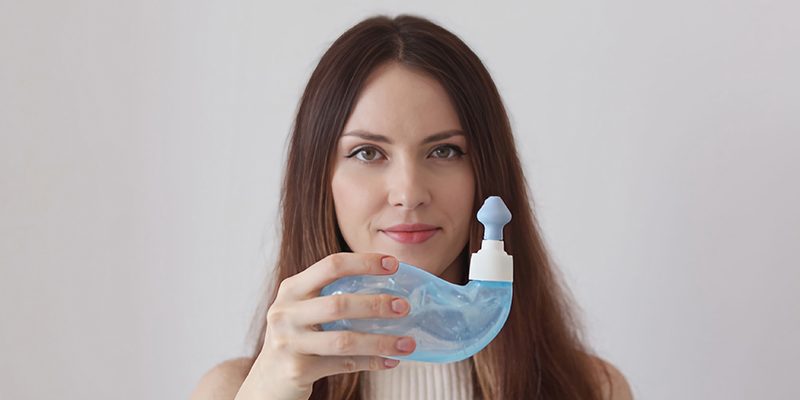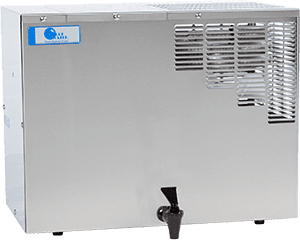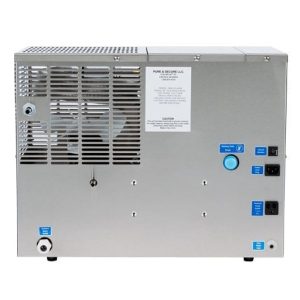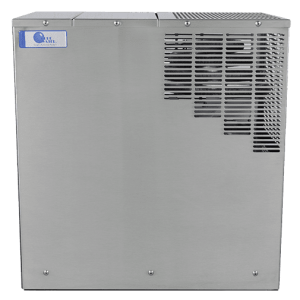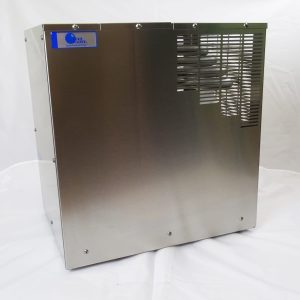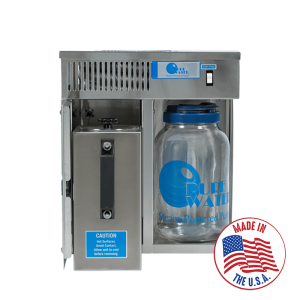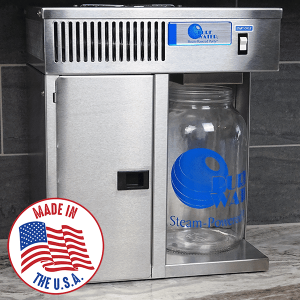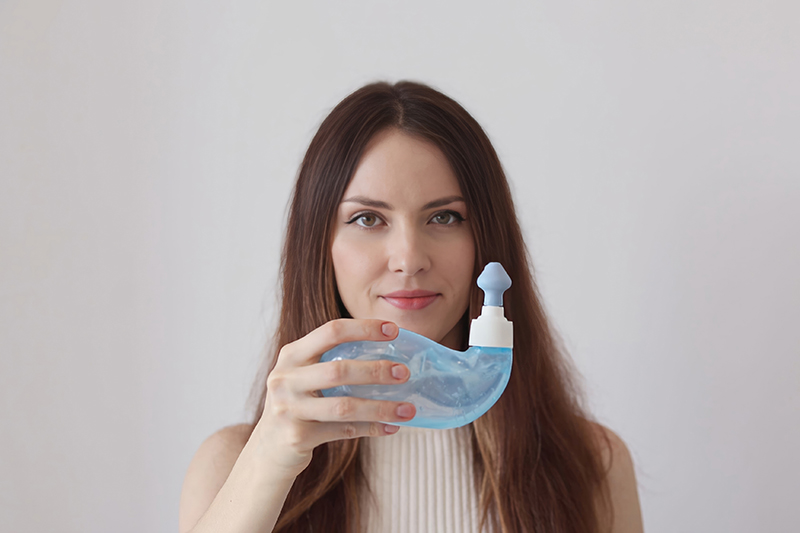
Why You Should Use Distilled Water for Neti Pots or Nasal Rinsing
Nasal rinsing with a neti pot or similar device is an effective way to clear out mucus, allergens, and irritants from the nasal passages. However, one of the most critical aspects of safe nasal rinsing is the type of water you use. While it may be tempting to use tap water for convenience, doing so can pose serious health risks. Distilled water, on the other hand, is the safest option for neti pots and nasal rinsing, as it is free from contaminants and microorganisms that could harm your health. Here’s why using distilled water is essential and what can happen if you don’t.
The Dangers of Using Tap Water
Many people assume that tap water is safe for all purposes, but that’s not always the case when it comes to nasal rinsing. Tap water is generally treated to remove harmful pathogens, but it is not sterile and may still contain trace amounts of bacteria, viruses, and other microorganisms. In rare but severe cases, using tap water in your neti pot can expose you to deadly pathogens, such as Naegleria fowleri, a brain-eating amoeba. While infections caused by this amoeba are rare, they are almost always fatal. The amoeba can enter the brain through the nasal passages, causing primary amoebic meningoencephalitis (PAM), a rapidly progressing and often deadly condition.
Even if life-threatening infections like Naegleria fowleri are rare, tap water can still contain other contaminants that irritate your nasal passages or lead to less severe but still troublesome infections. Chlorine, fluoride, heavy metals, and other dissolved chemicals in tap water can disrupt the delicate balance of your nasal tissue, potentially leading to inflammation, discomfort, or sinus infections.
Why Distilled Water is the Best Water for Nasal Rinsing
Distilled water is water that has been purified through a process of distillation, which involves boiling water into steam and then condensing it back into liquid form. This process removes nearly all impurities, including microorganisms, dissolved solids, and chemicals. Unlike tap water or even filtered water, distilled water is sterile, making it the safest choice for nasal rinsing.
It’s important to note that other types of water, like filtered or bottled water, are not necessarily sterile and may still contain contaminants. For example, filtered water can remove certain impurities, but it may not eliminate all microorganisms. Bottled water, depending on the source, might not meet the sterility standard required for safe nasal rinsing. Using distilled water ensures that you’re not introducing any harmful substances into your nasal passages.
Contaminants in Tap Water That Can Harm Your Nose
Tap water can contain a variety of contaminants, even in areas where water treatment facilities meet regulatory standards. These contaminants might not pose a risk when consumed orally because stomach acid helps neutralize many harmful substances. However, when introduced to the nasal passages, these contaminants can become problematic. Here are some common substances found in tap water that could harm your nose:
- Microorganisms: Bacteria, viruses, and amoebas can be present in tap water, even after treatment. When used in nasal rinsing, these microorganisms can bypass the body’s natural defenses and lead to infections.
- Chlorine and Chloramines: These chemicals are used to disinfect water but can irritate the sensitive lining of the nasal passages, causing dryness or inflammation.
- Fluoride: While beneficial for dental health, fluoride can irritate nasal tissues when introduced directly.
- Heavy Metals: Trace amounts of lead, arsenic, or other heavy metals may be present in tap water and can contribute to long-term health concerns or localized irritation.
- Sediment and Organic Material: Even treated water can contain small amounts of sediment or organic material that might clog or irritate nasal passages.
Recommendations from Manufacturers
Most manufacturers of neti pots and nasal rinse devices explicitly recommend using distilled or sterile water. This is because the risks associated with using tap water are well-documented, and these companies aim to prioritize user safety. For example, instructions for popular devices like NeilMed’s Sinus Rinse system clearly state that users should use distilled, sterile, or previously boiled and cooled water. Boiling tap water for at least three to five minutes can kill most microorganisms, but this step requires time and careful handling to avoid burns or contamination after boiling. Distilled water, being pre-sterilized, is the easiest and most reliable option.
The Importance of Pure Water for Your Nose
The nasal passages are lined with delicate tissues that play an essential role in filtering and humidifying the air you breathe. Introducing contaminants or irritants to these tissues can disrupt their function and lead to complications. Using distilled water minimizes these risks, providing a safe and effective medium for flushing out allergens, mucus, and debris. It also ensures that the benefits of nasal rinsing—relief from congestion, improved breathing, and reduced allergy symptoms—are not offset by unintended side effects or health risks.
A Simple Step for Better Health
Nasal rinsing is a simple and effective way to support respiratory health, but it must be done safely. By using distilled water in your neti pot or nasal rinse device, you can significantly reduce the risk of infections, irritation, and other complications. While it might be tempting to use tap water for convenience, the potential risks far outweigh the effort required to use distilled water instead. Remember to always follow the manufacturer’s instructions for your device and prioritize your health by choosing the safest option available. Your nose and your overall well-being will thank you.


